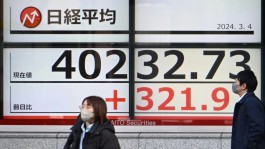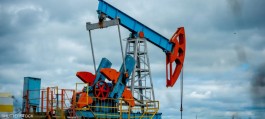A report published by Reuters on Monday indicated that the fourteen members of the Organization of the Petroleum Exporting Countries pumped 30.40 million barrels per day of crude oil last month, down 280 thousand Bpd from February, bringing the organization's total production to the lowest level since 2015.
The report notes that Saudi Arabia and its Gulf allies are pushing ahead with production cuts greater than those targeted in the latest OPEC deal, ignoring pressure from US President Donald Trump to increase supplies. On Thursday, Trump again called on OPEC to pump more oil to push prices lower.
Oil is trading above $ 68 a barrel, near its highest levels in 2019, supported by the Saudi cut and the involuntary declines in Venezuela and Iran that the United States imposed sanctions that limit Of their exports.
"There is a will to reduce global oil stocks," he said, referring to OPEC's strategy.
OPEC, Russia and other non-OPEC producers, in a coalition known as OPEC +, agreed in December to cut supply by 1.2 million barrels per day from January 1. January. OPEC's share of that reduction amounts to 800 thousand barrels per day, and the cuts are applied by 11 members of the organization, with the exception of Iran, Libya and Venezuela.
In March, the commitment of the eleven OPEC member states to participate in the new agreement reached 135 percent of the reductions they pledged, according to what the survey showed, an increase From 101 percent in February.
Among the producers exempt from the cut, Venezuela's production fell by 150,000 barrels per day, amid electricity outages that affected exports, which increased the impact of US sanctions on the state oil company B DVSA and long-term decline in production.
OPEC and its allies came a few months after they agreed to pump more oil, which was partly a retreat from their original agreement to curb supplies that came into effect in 2017. < / p>






































